Herbicide drift
TotemWolf
9 years ago
Related Stories
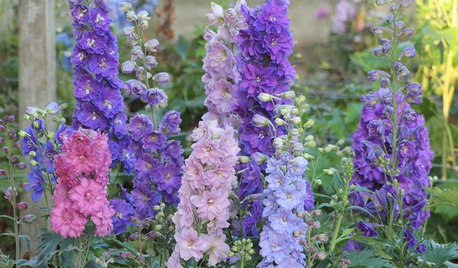
GARDENING GUIDES6 New Plant Varieties That Beat Out Their Parents
With better resistance and fewer demands, these garden beauties are worth a spot on your wish list
Full Story
GARDENING FOR BUTTERFLIES3 Ways Native Plants Make Gardening So Much Better
You probably know about the lower maintenance. But native plants' other benefits go far beyond a little less watering and weeding
Full Story
MOST POPULARMeet a Lawn Alternative That Works Wonders
Carex can replace turfgrass in any spot, is low maintenance and adjusts easily. Add its good looks and you’ve got a ground cover winner
Full Story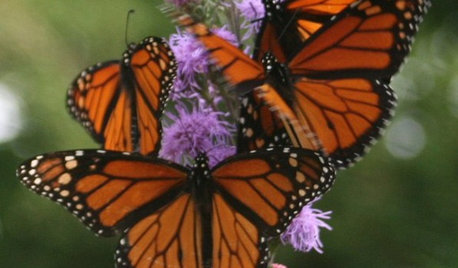
GARDENING FOR BUTTERFLIESButterfly Gardening: Delight the Eyes With Living Sculptures
Surprise and thrill with a garden that attracts magical winged creatures, bringing color, movement and life
Full Story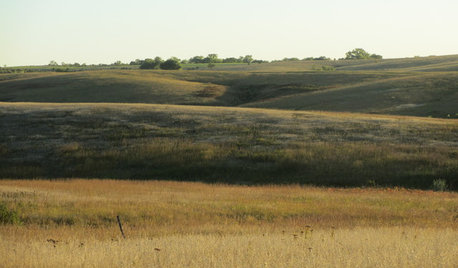
GARDENING GUIDESHow to Get Your Prairie On
Have a field day with your landscape, even if you've got just a few modern containers on a paved path
Full Story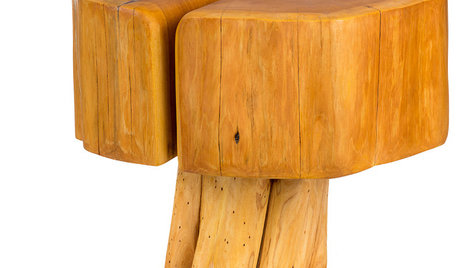
PRODUCT PICKSGuest Picks: Beautiful Things You Can Feel Good About Buying
Upcycled, ecofriendly or just made responsibly, these home accessories and furniture pieces will keep your conscience clear
Full Story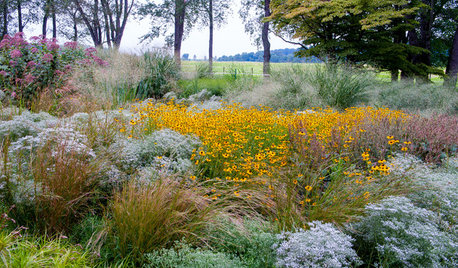
GARDENING GUIDESThe Surprising Ingredients Every Good Garden Should Have
See what to do — and not do — for lasting rewards in your landscape
Full Story
LANDSCAPE DESIGNWild Gardens Bring Excitement and Beauty to Landscapes
Forget what’s expected and ‘fashionable.’ Bold gardens teeming with site-appropriate plants make for a richer experience
Full Story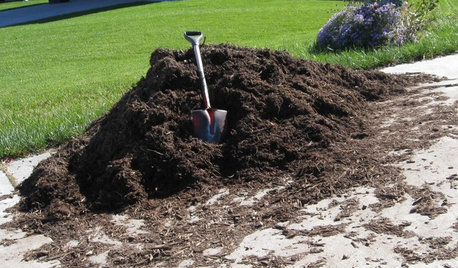
FRONT YARD IDEASBefore and After: Front Lawn to Prairie Garden
How they did it: Homeowners create a plan, stick to it and keep the neighbors (and wildlife) in mind
Full StoryMore Discussions






Okiedawn OK Zone 7
AmyinOwasso/zone 6b
Related Professionals
Foothill Ranch Landscape Architects & Landscape Designers · Canton Landscape Contractors · Cockeysville Landscape Contractors · Fort Atkinson Landscape Contractors · Fuquay-Varina Landscape Contractors · Lakewood Landscape Contractors · Muttontown Landscape Contractors · Rio Linda Landscape Contractors · Saint John Landscape Contractors · Washington Landscape Contractors · Dayton Decks, Patios & Outdoor Enclosures · Mobile Decks, Patios & Outdoor Enclosures · New Albany Decks, Patios & Outdoor Enclosures · Reading Decks, Patios & Outdoor Enclosures · Pleasant Grove Decks, Patios & Outdoor EnclosuresOkiedawn OK Zone 7